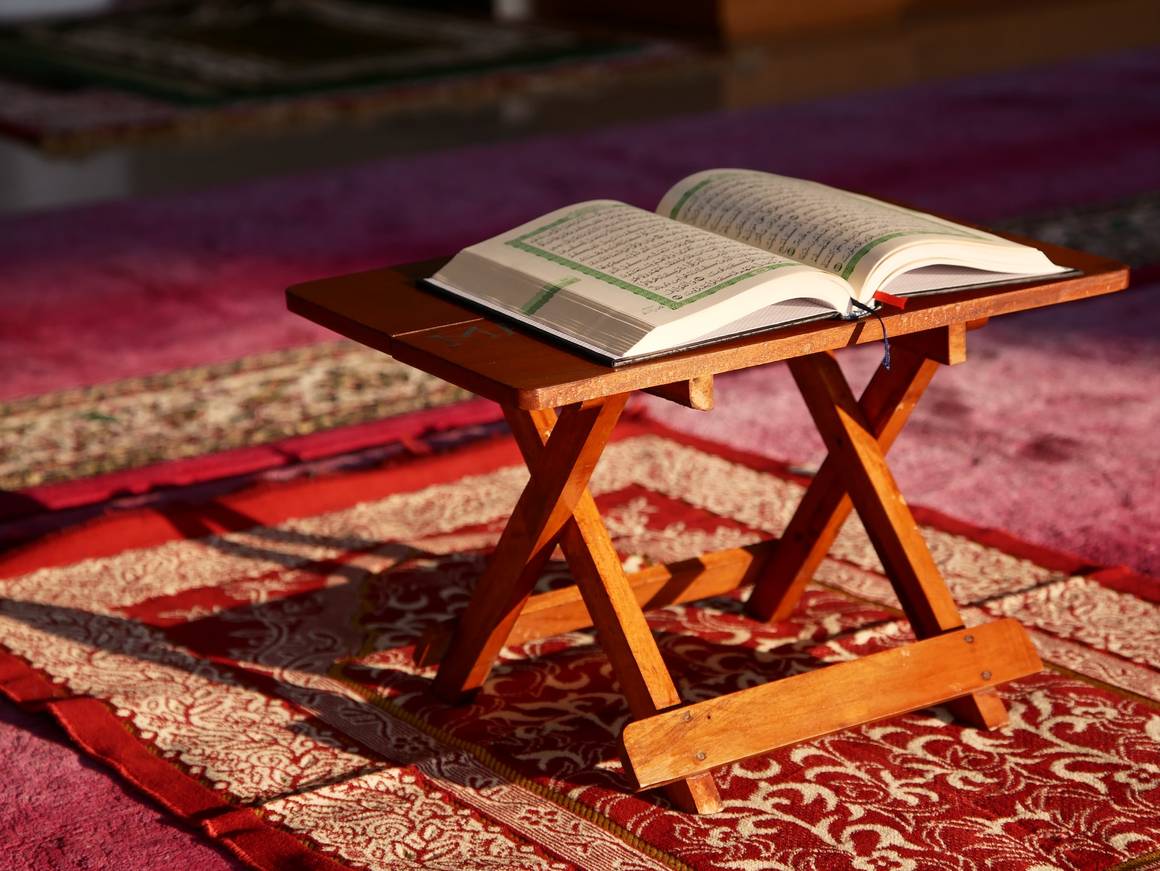Islam is one of the world's major religions, with over a billion followers worldwide. One of the core principles of Islam is the belief in justice and equality.
Muslims believe that every human being is equal in the eyes of Allah, regardless of race, ethnicity, gender, or social status.
As such, Islam places great emphasis on human rights, including the right to justice and equality.
The concept of human rights is not a new one in Islam. In fact, it is deeply ingrained in the religion's teachings. The Quran, the holy book of Islam, stresses the importance of treating all people with fairness and respect. It teaches that all human beings are created equal and that there is no superiority based on race or ethnicity.
Islam also places a great deal of importance on justice. The Quran states,
O you who have believed, be persistently standing firm in justice, witnesses for Allah, even if it be against yourselves or parents and relatives. Whether one is rich or poor, Allah is more worthy of both. So follow not [personal] inclination, lest you not be just. And if you distort [your testimony] or refuse [to give it], then indeed Allah is ever, with what you do, Acquainted.Quran 4:135
The importance of standing up for justice is clear in this verse, even if it goes against one's own personal interests or the interests of their family. It also emphasizes that justice should be impartial and not influenced by personal biases.
One of the well known stories that highlights this, is the story of Belal ibn Rabah (RA). He was a prominent companion of the Prophet Muhammad (peace be upon him) and a prominent figure in the early Islamic community. He was born into slavery in Mecca and was owned by Umayyah ibn Khalaf, a staunch opponent of Islam.
When the Prophet Muhammad (peace be upon him) began preaching Islam in Mecca, Belal was one of the first people to accept the faith. Despite the objections of his owner, Belal (RA) remained steadfast in his belief and refused to renounce Islam.
Umayyah ibn Khalaf was angered by Belal's refusal to renounce Islam and subjected him to cruel and inhumane treatment. He would drag Belal through the streets of Mecca, tie him up in the scorching heat of the desert, and put large rocks on his chest, hoping to force him to renounce his faith.
Despite the torture and persecution, Belal remained firm in his belief and refused to renounce Islam. His unwavering faith and steadfastness earned him the nickname of "Muezzin of the Prophet" because he was chosen by the Prophet Muhammad (peace be upon him) to be the first muezzin, or caller to prayer, in the history of Islam.
Belal's beautiful voice and powerful recitation of the adhan, or call to prayer, became famous throughout the Islamic world.
He continued to serve as the muezzin for the rest of his life and was one of the most beloved companions of the Prophet Muhammad (peace be upon him).
After the death of the Prophet Muhammad (peace be upon him), Belal played an important role in the early Islamic community. He was known for his piety, wisdom, and devotion to Islam. He participated in many of the early Islamic battles and played an important role in spreading the message of Islam throughout the Arabian Peninsula.
Belal ibn Rabah's story is a powerful example of Islam's emphasis on human rights and the equality of all people in the sight of Allah. Despite being born into slavery and facing extreme persecution and torture, Belal remained steadfast in his faith and refused to renounce Islam. This shows the importance of standing up for one's beliefs and the right to practice one's religion freely, regardless of one's social status or background.
The Quran states,
O mankind, indeed We have created you from male and female and made you peoples and tribes that you may know one another. Indeed, the most noble of you in the sight of Allah is the most righteous of you. Indeed, Allah is Knowing and Acquainted.Quran 49:13
Islam equally places great emphasis on the rights of women. In a time when women were considered inferior to men in many societies, Islam elevated their status by granting them rights that were previously unheard of. For example,
Islam gave women the right to own property, inherit wealth, and seek divorce in certain circumstances.
In recent years, there has been a trend towards more restrictive abortion laws in some countries, including the United States and some parts of Europe. These laws often seek to limit or prohibit access to abortion in various ways, such as by imposing waiting periods, requiring parental consent, or banning certain procedures.
From an Islamic perspective, such laws would need to be evaluated on a case-by-case basis, taking into account the specific circumstances and legal frameworks of each country. However, in general, any restrictions on women's reproductive rights must be weighed against the principles of justice, equality, and the sanctity of life that are central to Islam.In general, Islam places a great emphasis on the sanctity of life, and abortion is generally considered to be a serious matter that should not be undertaken lightly.
However, there are exceptions in cases where the life of the mother is at risk, or in cases of rape or incest. In such cases, abortion may be allowed under certain circumstances.
Islam also emphasizes the importance of kindness and compassion towards all living beings, including animals.
The Prophet Muhammad (peace be upon him) said,
Whoever is kind to the creatures of God is kind to himself.Prophet Muhammad
Allah is kind and loves kindness in all thingsProphet Muhammad
Despite these teachings, there have been instances where some so called "Muslims" have violated human rights in the name of Islam. For example, some extremist groups have used Islam to justify acts of violence and terrorism. However, these actions are not in line with the true teachings of Islam. You cannot be a Muslim if you are perpetuating violence against other human beings if it's not in self-defence or to protect the weak against oppression.
The Quran States:
God does not forbid you from being good to those who have not fought you in the religion or driven you from your homes, or from being just towards them. God loves those who are just.Quran 60:8
Because of that, We decreed upon the Children of Israel that whoever kills a soul unless for a soul or for corruption [done] in the land - it is as if he had slain mankind entirely. And whoever saves one - it is as if he had saved mankind entirely. Quran 5:32
In conclusion, Islam places great emphasis on human rights, including the right to justice and equality. The religion teaches that all human beings are equal in the eyes of Allah and that justice should be impartial and not influenced by personal biases. Islam also grants women rights that were previously unheard of and emphasizes the importance of kindness and compassion towards all living beings.


